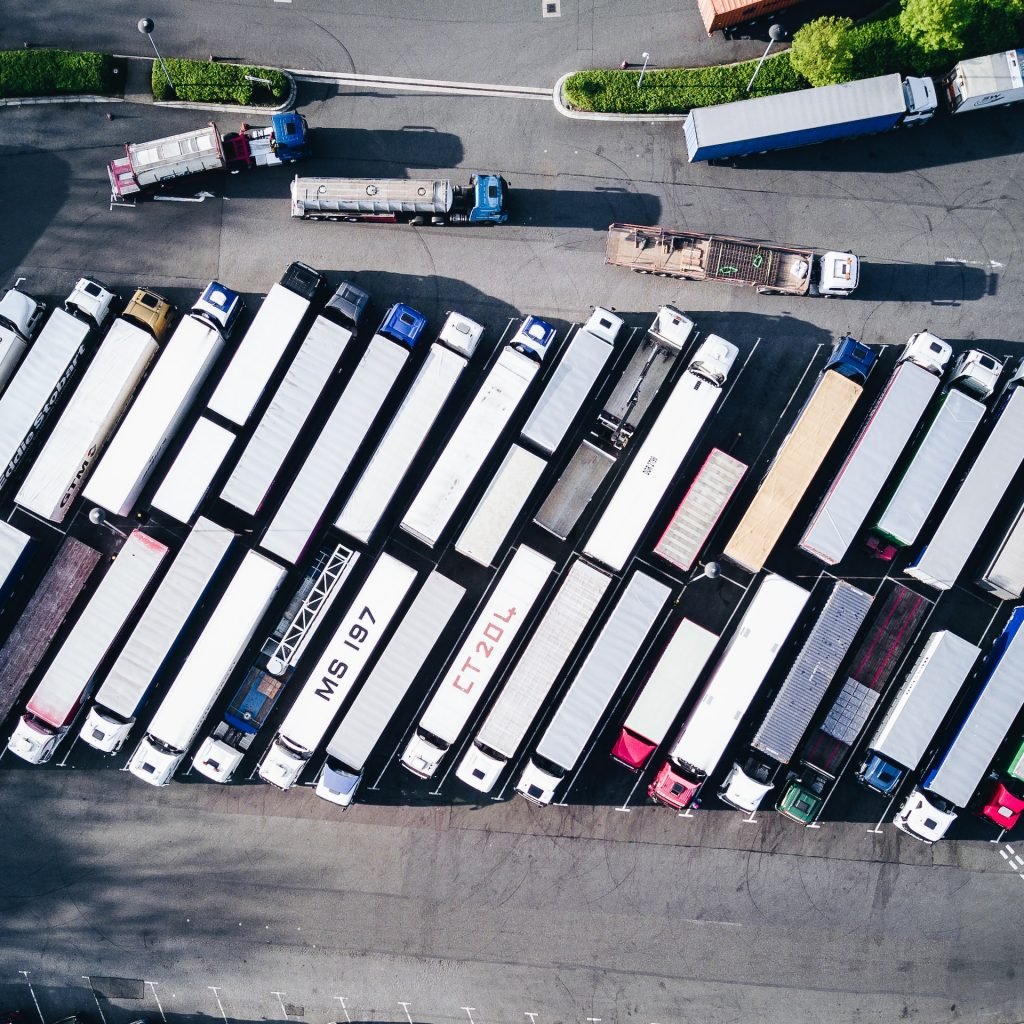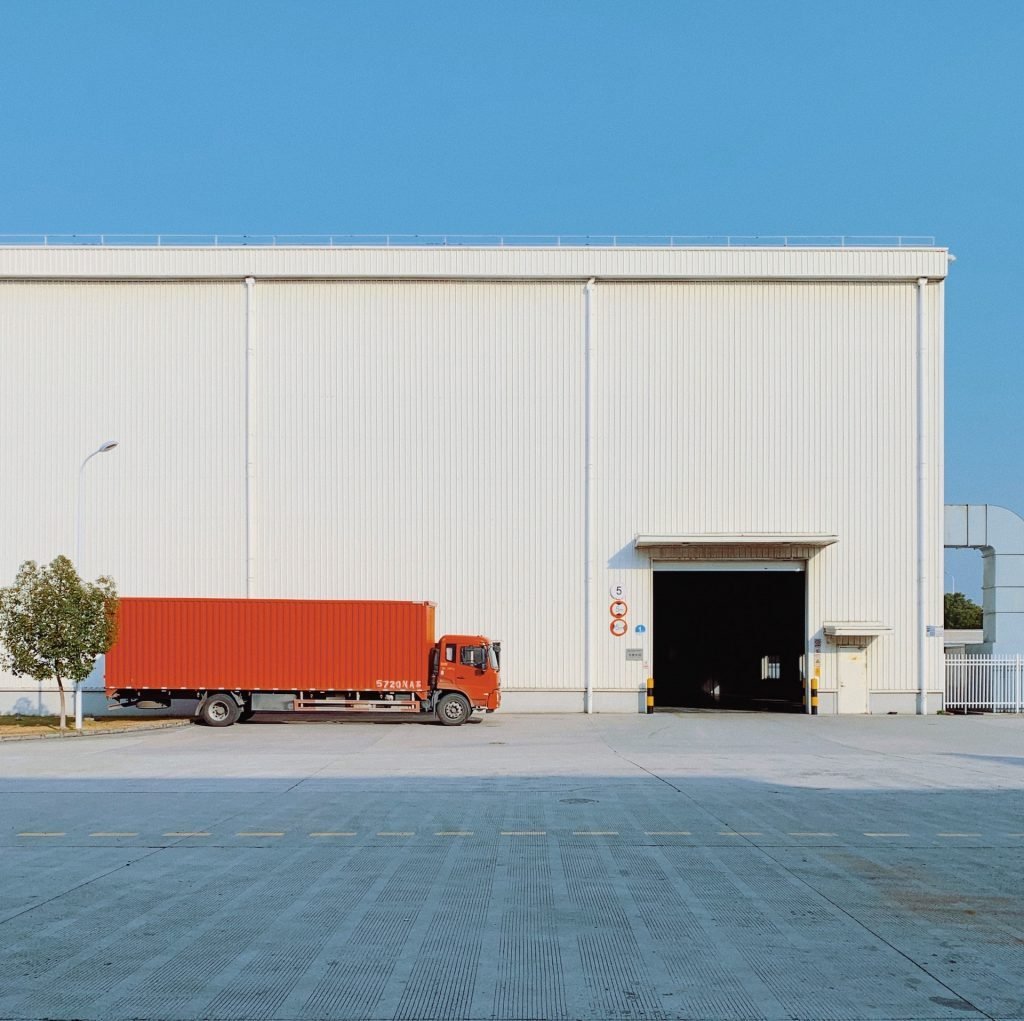Freight is truck, train, ship, or plane transport commodities. Shipping and forwarding these goods is an integral part of many business operations. It is the essential link that connects manufacturers to their distributors and end-users.
Shipments beyond the following criteria are considered freight: Packages exceeding 150 pounds, measuring over 165 inches in combined length and width, and those larger than 108 inches in size need to be shipped as freight.
What are the types of freight?
The three primary types of freight shipments are full truckload (FTL), less than truckload (LTL), and partial truckload (PTL). In addition, intermodal freight and express freight are minor types of cargo.
Full Truckload (FTL): FTL moves bulk or pallet loads. These are large enough to warrant the use of an entire semi-trailer. Semi-trailers are typically between 26 and 53 feet. The requirement to use these types of trucks is to have a substantial volume of freight. Doing this equates to the cost-effectiveness of transport. The cargo is typically more than 15,000 pounds in weight. FTL can be more economical. This type also reduces the possibility of damage to the other types.
Less Than Truckload (LTL): LTL involves the transportation of smaller packages. A subtype is the parcel carriers. Parcel carriers move small boxes and others that can be broken down into units lower than 150 pounds.
Partial Truckload (PTL): PTL shipment usually uses between 6 and 12 pallets. The freight’s total weight is over 5000 pounds.
Intermodal Freight: Intermodal shipping customarily denotes shipping various goods utilizing a combination of rail and truck. Sometimes, it can include other transportation modes, such as ships, to make the shipping process more efficient.
Expedited Freight: Expedited shipment refers to cargo that is time-sensitive. The freight has to be delivered quickly. This shipment is mainly carried by truck or air.
Who are the Freight Forwarders?
Freight forwarding involves the planning and coordination of the movement of goods across international and interstate borders on behalf of shippers. Cargo is moved by air, land, or sea. Forwarding companies also offer warehouse planning, cargo insurance, and customs brokerage.
Freight Forwarders mediate between big or small supply chains and their customers. They act as the travel agent of your shipment. Strategically located worldwide, they can collect, receive, and make the arrangements for your freight. They ensure that your parcel safely travels from its origin to its destination.
How do they forward freights and cargo?
Even before the recent technological advancements gave birth to e-commerce, businesses worldwide were already working with their dependable logistics partners to move their products. These logistics services may include:
- Airlines or Airfreight
- Ocean Cargo Lines
- Railroad and Intermodal
- Third-Party Logistics Provider (3PL) and Warehousing Services
- Local trucking and cartage

If your company is into the product exporting or importing business, hiring a professional to navigate the laws and regulations of the respective countries is necessary. In this area, freight forwarders play a significant role. They know and understand local laws and regulations concerning freight. Not only do they have the carrier channels to transport your load, but they also have the necessary permits and licenses to utilize.
As freight forwarders coordinate your products’ shipment, they use single or multiple carriers or whatever is necessary. Since they have a long-standing business relationship with actual carriers, they can negotiate the best possible price for their clients. Most companies may not be able to get these rates on their own.
They act as an intermediary and can provide an array of relevant services. Examples are managing and tracking land-based transportation, negotiating rates for freight shipping, booking cargo space, preparing the necessary shipping and export documents, and even filing insurance claims if needed. However, keep in mind that they are not the actual freight movers.
How do Local Truck Services help in freight forwarding?
The supply chain comprises various dependable carriers, including air freighters, rail freighters, ocean liners, and trucking companies. If you look at it closely, in most cases, the local trucking company is the first and last link in the chain.
Ships, airplanes, and trains transport the freight. But first, the local trucking service moved it before it embarked on its long-distance journey. Local trucks are the first to collect the haul from the storage facility or manufacturer to bring it to the next step, where it must undergo processing and handling.
Each product you can think of spends part of its journey on a truck. Perhaps it is a very brief journey from a warehouse to a port.
After passing through gates and clearances at an ocean port or airport, the commodity finds its way to the end user’s door. More often than not, your local truckers also handle this crucial last step in getting your product.

How do Truck Services and Freight Forwarders work together?
Freight forwarders must choose and develop a strong working relationship with local trucking companies. Through these big rigs, the movement of commodities is initiated and completed. While other carriers have done the potentially complex and dangerous leg of the journey, getting lost or damaged can still occur in the truck.
Picking the right company can make a big difference in your overall provision of service. Undoubtedly, it is the most crucial aspect of a process. As the first and last link in the moving process, your confidence and trust in the trucking company to handle your products with care should be apparent.
Your chosen company for the local transportation of your goods serves as the difference between keeping a customer or losing them to competition that offers better service. If you are a Freight Forwarder or Manufacturer and value first-rate service and customer satisfaction, choose your local service providers wisely.
Everyone from the freight forwarders and 3PL to the local trucking and cartage providers in towns and cities worldwide plays an essential role in pushing the economy forward. The key is to make the supply chain stronger.
Your Local Truck Services Partner in Arizona
If you are in the manufacturing or freight forwarding business, you know the significance of having a good relationship with excellent local truck services. Trojan Horse Truck Services has been in the industry for more than 30 years. Our professional and highly-trained drivers possess experience and professionalism that can’t be matched anywhere else.
We are Arizona’s premier trailer delivery company offering drayage, trailer spotter, and hauling services. Please call us at 602-332-087 or send us an email at trojanhorseaz@gmail.com. Send us a note to learn about how we can help your Manufacturing or Freight Forwarding Company grow.

Recent Comments